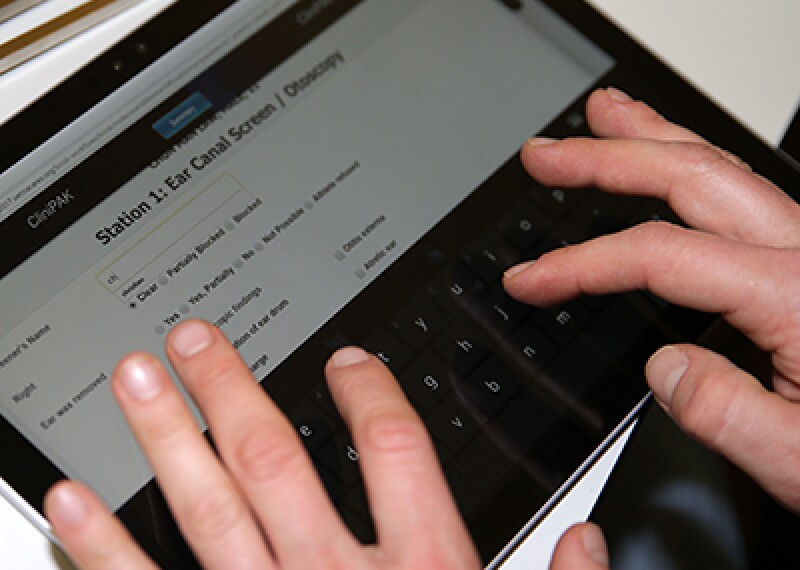According to the World Health Organization, approximately 422 million individuals have diabetes, with the majority residing in low and middleincome countries. Additionally, diabetes is responsible for 1.5 million deaths annually. Over the past few decades, both the number of cases and the prevalence of diabetes have continued to increase steadily. The International Diabetes Federation (IDF) estimates that diabetes is a significant burden on healthcare systems, with global health expenditures reaching US$966 billion. This number is expected to increase to over $1054 billion by 2045.
Individuals with IDD are more likely to be hospitalized for diabetes-related conditions, with a rate 2.6 times higher than those without disabilities.
People with intellectual and developmental disabilities (IDD) are estimated to have a higher chance of developing diabetes compared to the general population. This increased risk is due to several factors such as genetics, inactive lifestyles, poor nutrition, medication use, and other health-related issues. These factors also add to the development of other health conditions like stroke and obesity that worsen their quality of life. Individuals with IDD are more likely to be hospitalized for diabetes-related conditions, with a rate 2.6 times higher than those without disabilities. Also, limited access to medical care further adds to the chances of developing diabetes. It is important for healthcare professionals, caregivers, and policymakers to evaluate and address these health inequalities to ensure that the needs of individuals with IDD are identified and proper health care is accessible and provided.
Special Olympics is working hard to bridge the healthcare gaps for people with IDD by emphasizing the importance of access to diabetes care and calls for more health equity. Our inclusive healthcare solutions focus on preventing and managing diabetes. This includes Special Olympics Healthy Athletes® screenings for obesity, referrals for diabetes management, nutrition education, and inclusive healthcare training for healthcare providers.
The National Diabetes Prevention Program (National DPP) is another program that aims to prevent or delay Type 2 Diabetes through proven lifestyle changes such as healthy eating, staying active, managing stress, and following positive health practices. The program is available in all fifty states in the US (United States) and internationally. We are committed to supporting this program by encouraging athletes’ participation and by providing inclusive health education to healthcare professionals who facilitate this program.

World Diabetes Day 2023 raises awareness for inclusive healthcare and helps individuals with IDD to prevent or manage diabetes. It also serves as an important reminder to raise awareness about diabetes as a global public health issue. It is a day to reflect on what needs to be done, both collectively and individually, to address this growing problem. When athletes compete in Special Olympics competitions and participate in health and fitness programming they increase physical activity, expand their nutrition knowledge, learn to advocate for their own health all of which lowers their chance of developing diabetes and live longer, healthier lives.









